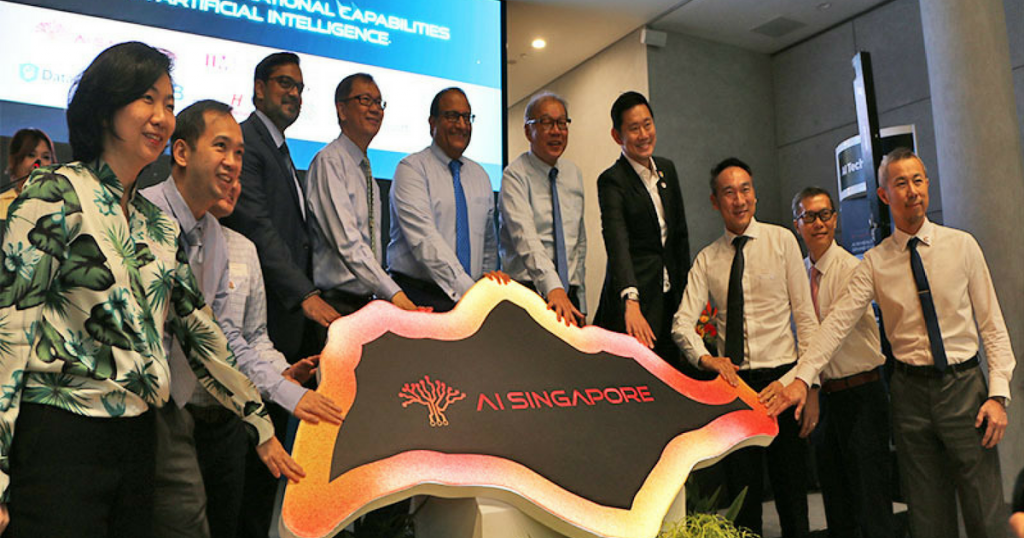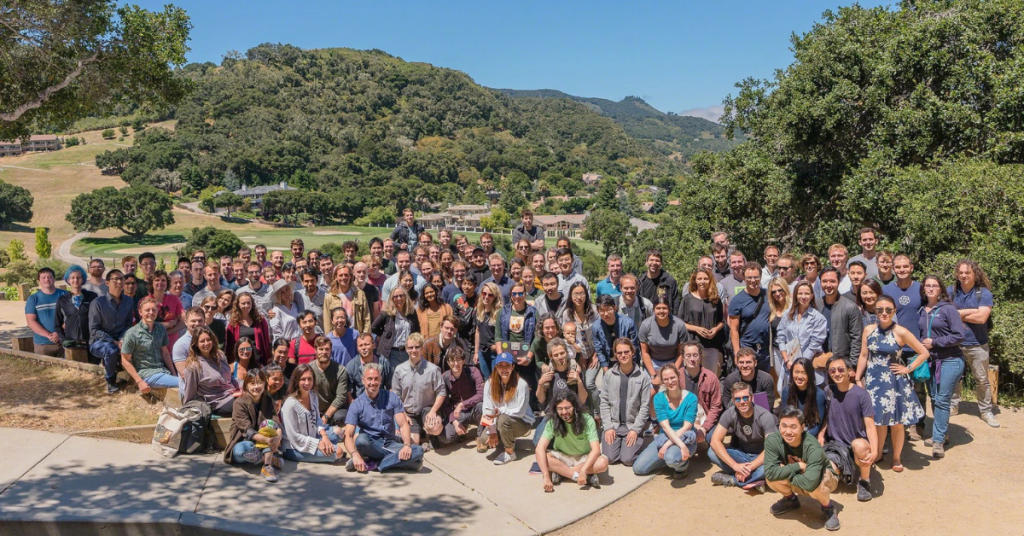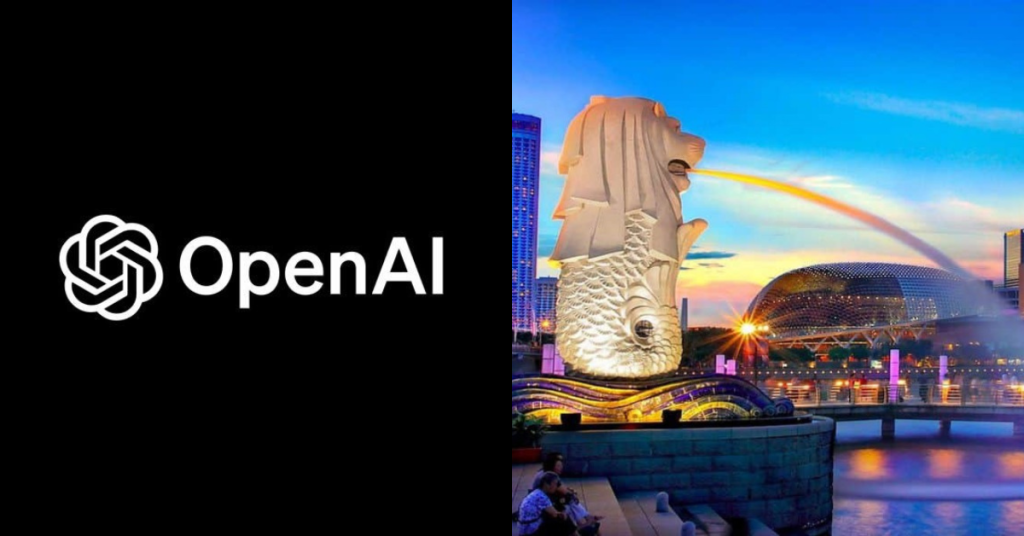OpenAI, the parent company of ChatGPT, will be opening its first office in Singapore later this year.
This comes just a few months after the San Francisco-based company expanded to Asia with the launch of its Tokyo office in April.
As OpenAI’s fourth international branch, the Singapore office will be focusing on advancing regional collaborations. The aim is to help strengthen OpenAI’s relationships with partners, governments, and customers.
Part of this includes working with AI Singapore, the national artificial intelligence (AI) programme, on generative AI models that are more reflective of Southeast Asian cultures.

During its announcement at Tech Week Singapore, OpenAI shared that its expansion reflects Singapore’s leadership position in various sectors. Namely, technology and AI, as well as the Asia Pacific region’s growing demand for advanced AI tools.
Sam Altman, the company’s CEO, stated that they’re excited to partner with Singapore’s government and the local “thriving AI ecosystem”.
“Through the partnership, OpenAI will provide up to US$1 million to help develop resources, including open datasets, to ensure AI models are better suited to Southeast Asia’s diverse languages and cultures,” Channel News Asia reported him saying.
With the upcoming opening of its second Asian office, the company confirmed plans of hiring between five to 10 employees before 2025. The roles are related to sales, security and solutions engineering, among others.

OpenAI also reassured that they’re committed to hiring locals and tapping into Singapore’s tech talent pool to deepen its roots here.
The Straits Times reported that its regional operations will be led by Oliver Jay, who serves as Managing Director for its international markets. Prior to this, Oliver was Chief Revenue Officer of software firm Asana.
The location of its Singapore office is still being finalised.
This expansion follows a recent announcement that OpenAI is considering becoming a for-profit benefit corporation, as shared by The Guardian. This means it’s an entity that makes profits but is committed to the social and public good, and won’t be controlled by its non-profit board.
Doing so raises a few ethical concerns, such as how the company collects data for training purposes.
But at the time of writing, the startup remains a non-profit that has a profit-making subsidiary supported by Microsoft.
- Read other articles we’ve written about Singaporean startups here.
Featured Image Credit: Neowin / The MOM Trotter










